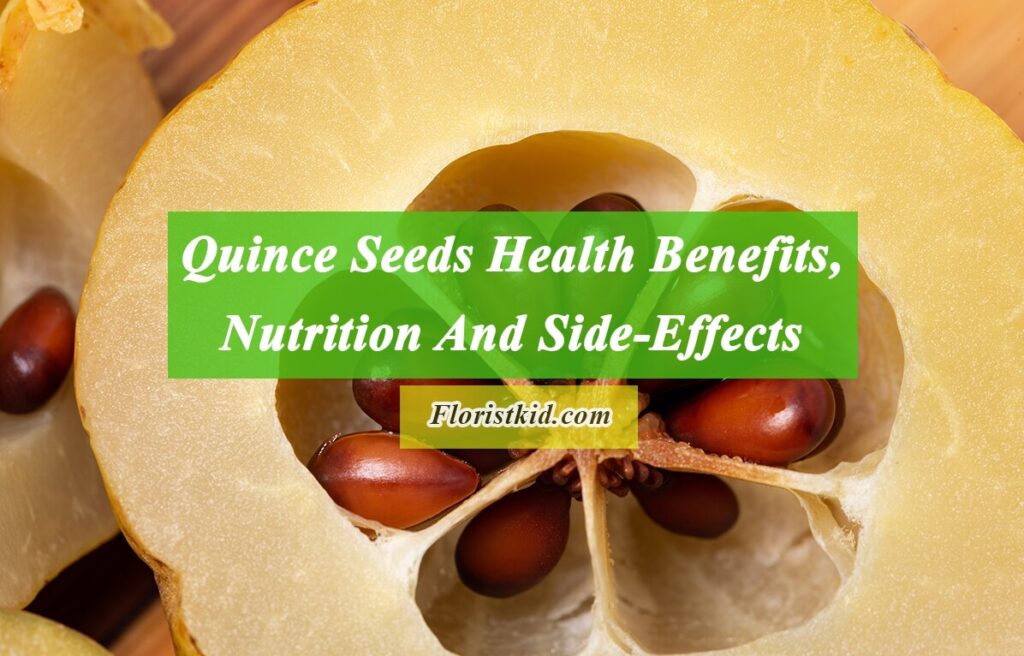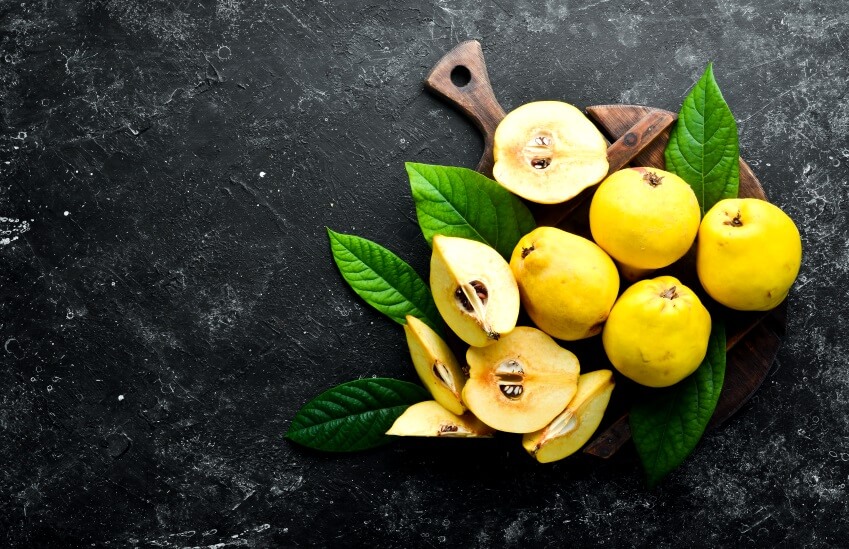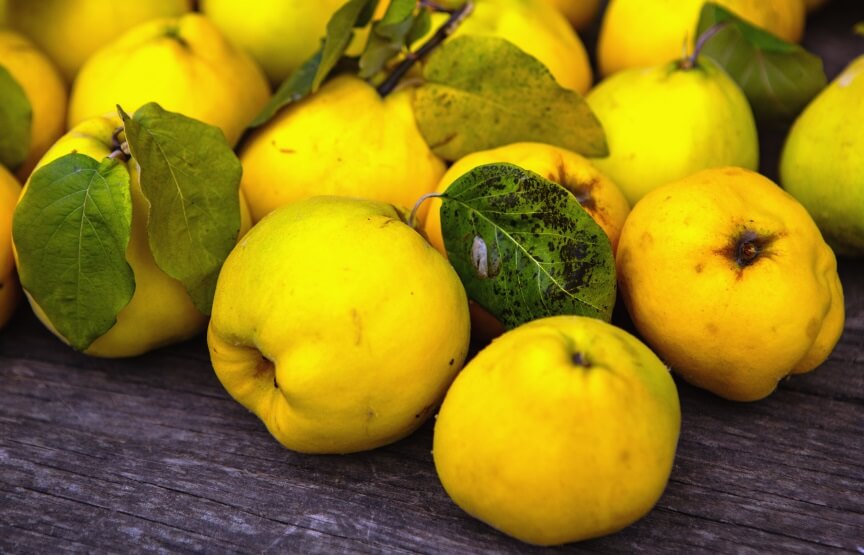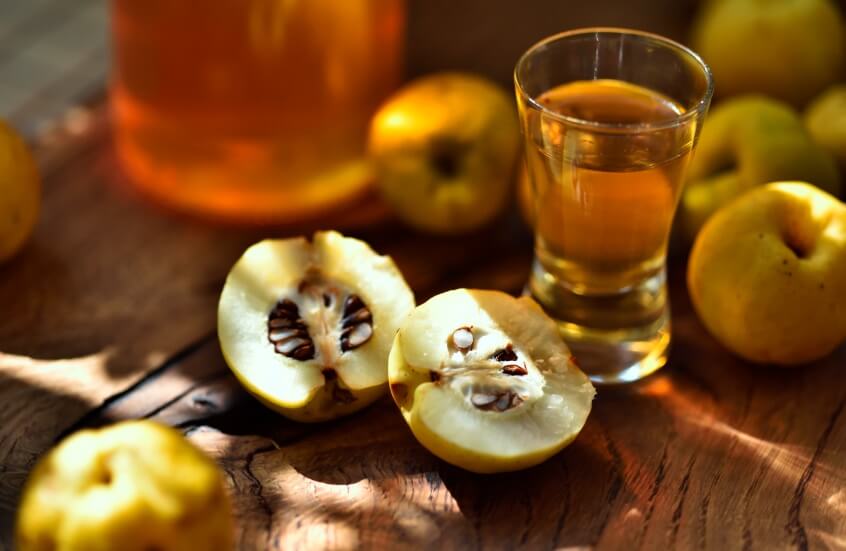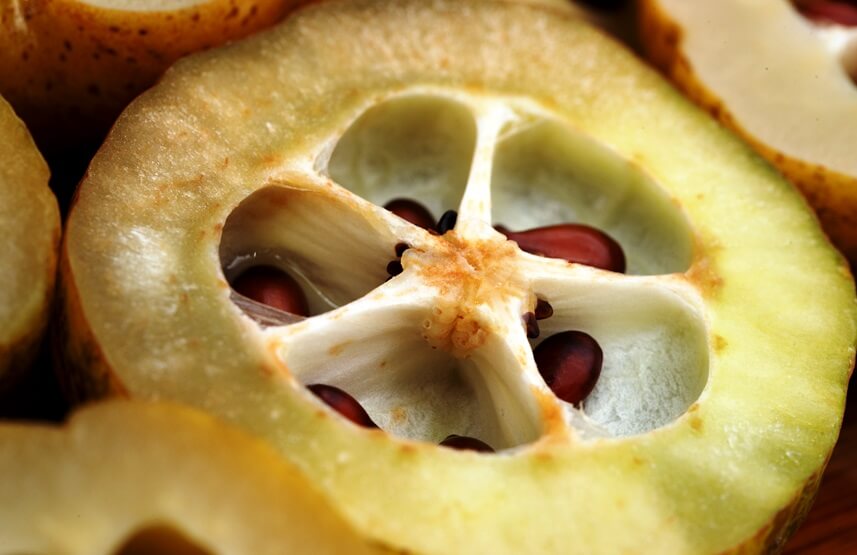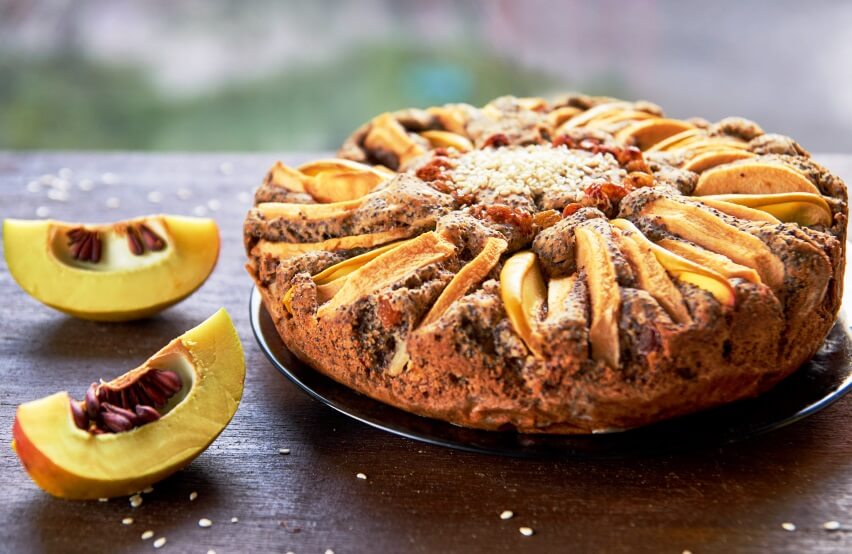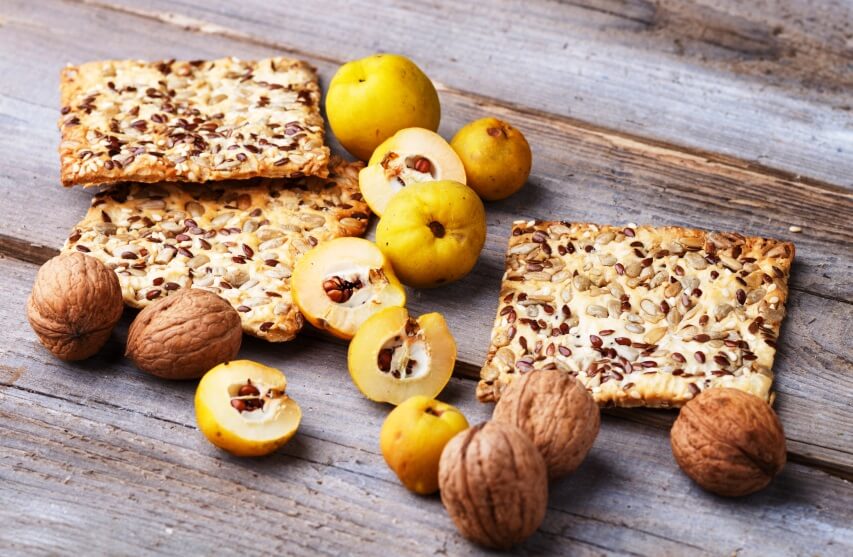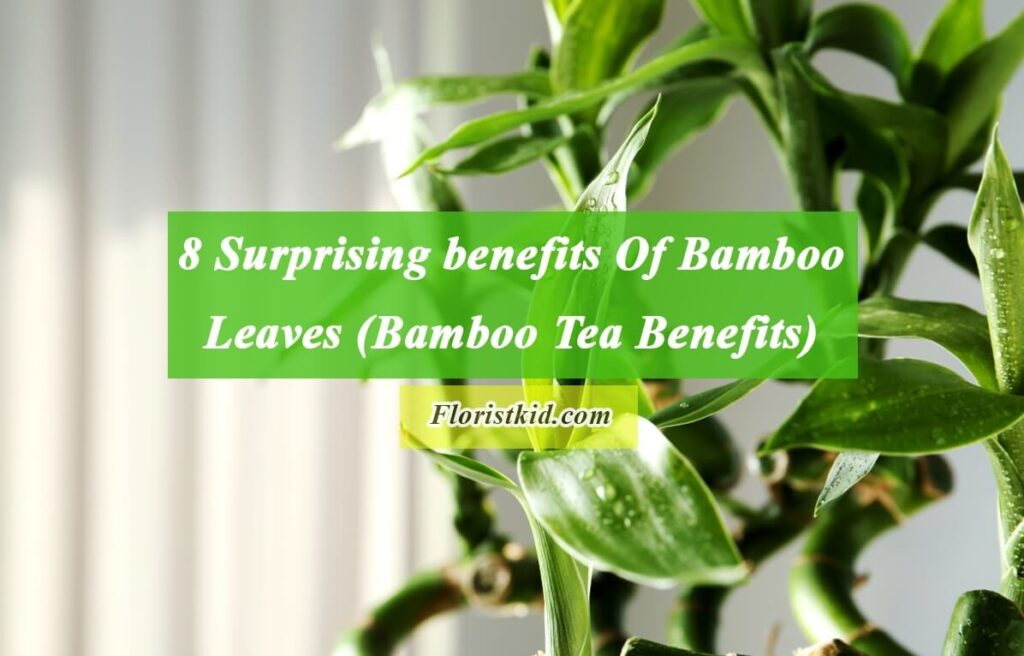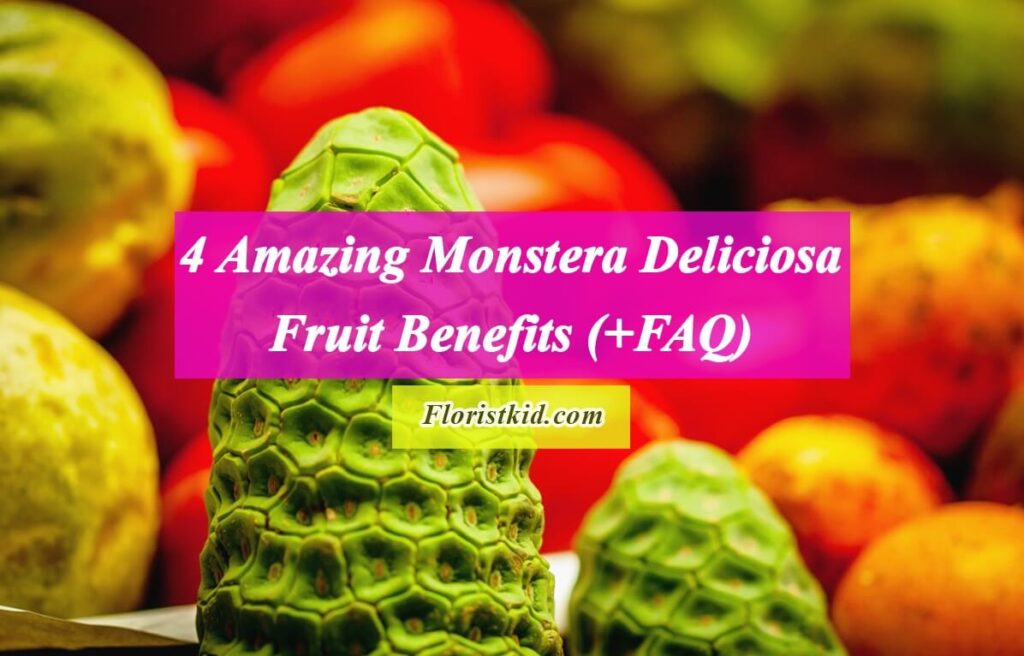Quince (Cydonia oblonga), a lesser-known fruit related to the apples and pears family, is cherished for its bright flavor and aromatic qualities. However, while we often focus on the fruit itself, the seeds, often overlooked, hold immense potential for various benefits. Quince seeds are usually used as a medicine. These seeds contain essential nutrients, antioxidants, and medicinal properties that deserve attention. In this article, we will explore quince seeds’ health benefits, Nutrition, culinary uses, side-effects and also natural remedies that can be derived from quince seeds.
If you are interested in this topic , you can also read
<<Mugwort Plant Benefits>> and <<Cancer Bush Tea Benefits>> articles.
Quince Seeds Nutrition
Quince seeds offer a notable nutritional profile, rich in essential vitamins, minerals, and dietary fiber. They are a good source of vitamin E, which acts as a powerful antioxidant, protecting the body against harmful free radicals [1]. Additionally, quince seeds contain minerals like potassium, magnesium, and iron, which play a vital role in maintaining overall health and vitality. Main quince seeds’ nutrients are as below [2]:
- Dietary fiber: Quince seeds are a good source of both soluble and insoluble fiber. Soluble fiber dissolves in water and helps to lower cholesterol levels and regulate blood sugar levels. Insoluble fiber does not dissolve in water and helps to keep the digestive system healthy and regular.
- Mucilage: Mucilage is a substance that forms a gel-like substance in the stomach and intestines. It can help to soothe the digestive tract and reduce inflammation [3, 4].
- Antioxidants: Quince seeds are rich in antioxidants, which can help to protect the cells from damage caused by free radicals.
- Minerals:Quince seeds contain a variety of minerals, including potassium, calcium, magnesium, and iron.
Quince Seeds Health Benefits
Quince seeds are a rich source of antioxidants, dietary fiber, and mucilage. They have been used in traditional medicine for centuries to treat a variety of digestive disorders, including constipation, diarrhea, and stomach ulcers.
It is important to note that more research is needed to confirm the health benefits of quince seeds. However, they have a long history of safe use in traditional medicine and are generally well-tolerated. Here are some of the potential health benefits of quince seeds [5]:
Promotes Digestive Health
The high fiber content found in quince seeds supports healthy digestion. The fiber aids in preventing constipation and promotes regular bowel movements, which may contribute to improved gut health. Consuming quince seeds can also help enhance nutrient absorption and maintain a healthy digestive system.
Potential Anti-Inflammatory And Antioxidant Properties
Quince seeds possess natural anti-inflammatory properties that may aid in reducing inflammation throughout the body. The antioxidants found in the seeds help combat oxidative stress, protecting cells from damage and reducing the risk of chronic diseases such as heart disease and certain types of cancer. Incorporating quince seeds into your diet can contribute to overall well-being [6, 7].
Skin Health
Quince seeds may also be beneficial for skin health. They contain antioxidants that can help to protect the skin from damage caused by free radicals and sun exposure. Quince seed oil can be applied to the skin to soothe inflammation and promote wound healing [8].
Culinary Uses
Quince seeds can be utilized in various culinary creations. When ground into a fine powder, they can be added to smoothies, oatmeal, or baked goods, imparting a mild, nutty flavor. Another popular application is infusing the seeds in syrups or flavored oils, creating unique dressings or marinades that add a delightful twist to your dishes. The quince seeds can also be used to make a fragrant tea known for its calming and soothing properties [9].
Dental Health
Quince seed extract is sometimes used in oral care products due to its potential benefits for gum health and reducing plaque formation.
Soothing Effect On The Respiratory System
The calming effect of quince seeds on the respiratory system is one of the many unexpected health benefits of quince seeds. Quince seed was used in traditional Persian medicine to treat cancerous ulcers, coughs, dry throats and also to lubricate the trachea. Research studies also confirm these effects. These studies have revealed that quince seeds have a soothing effect on the respiratory system and can help alleviate cough and throat irritation.
Wound-Healing
According to studies, quince seed mucilage (QSM) enhanced wound healing. In Iranian traditional medicine, QSM has been used to cure burns and skin sores.
Quince Seeds Side Effects
Quince seeds are generally safe for most people to consume in moderation. However, they may cause some side effects, such as:
- Digestive problems: Too much consumption of quince seeds can cause digestive problems such as gas, bloating, and diarrhea, especially in people who are not used to eating a lot of fiber.
- Allergic reactions: Some people may be allergic to quince seeds, which can cause symptoms such as hives, itching, swelling, and difficulty breathing.
- Cyanide poisoning: Quince seeds contain a small amount of cyanide. However, the amount of cyanide in quince seeds is not considered to be harmful when consumed in moderation. Eating large amounts of quince seeds may increase the risk of cyanide poisoning.
It is important to note that quince seeds have not been well-studied in pregnant or breastfeeding women, so it is best to avoid them during these times.
If you have any underlying health conditions or are taking any medications, be sure to talk to your doctor before consuming quince seeds.
How To Eat Quince Seeds?
Quince seeds can be eaten whole, ground into a powder, or soaked in water to make a gel. They can be added to smoothies, yogurt, or cereal. Quince seed tea can also be made by steeping the seeds in hot water for several minutes.
How To Make Quince Seed Gel?
To make quince seed gel, you will need [10]:
- 1 tablespoon quince seeds
- 1 cup water
Instructions
- Rinse the quince seeds in a fine mesh strainer.
- Place the quince seeds in a bowl and add the water.
- Stir the seeds and water together until the seeds are evenly dispersed.
- Cover the bowl with plastic wrap and let it sit at room temperature for 4-6 hours or overnight.
- After the seeds have soaked, stir the gel and strain it through a fine mesh strainer to remove any remaining seeds.
- The quince seed gel is now ready to use.
Tips For Making Quince Seed Gel
- Use filtered or distilled water for the best results.
- If you want a thicker gel, use less water. For a thinner gel, use more water.
- You can add a few drops of essential oil to the gel for a pleasant scent.
- If you are using quince seed gel for hair styling, add a few drops of coconut oil or jojoba oil to the gel to make it more moisturizing.
- If you are using quince seed gel for a face mask, add a few drops of lemon juice or honey to the gel for added benefits.
How To Use Quince Seeds Gel?
You can use quince seed gel in a variety of ways, such as:
- A thickener for sauces, gravies, and soups
- A binder for meatballs, burgers, and other ground meat dishes
- A base for puddings, pies, and other desserts
- A hair gel or styling product
- A face mask or skin treatment
Quince seed gel can be stored in the refrigerator for up to 5 days.
Conclusion
The potential of quince seeds goes beyond their traditional use as discarded byproducts. By incorporating them into our diet and beauty routines, you can harness numerous health benefits of quince seeds. From promoting good digestion and reducing inflammation to offering culinary versatility and natural remedies, quince seeds are an underrated gem that should gain more recognition for their positive impact on our overall well-being. So, next time you enjoy a quince fruit, consider saving its seeds and exploring the endless possibilities they hold.
The information provided here is for educational purposes only and is not intended to be a substitute for medical advice. Please consult with a qualified healthcare professional before taking quince seeds or any other herbal supplement.

